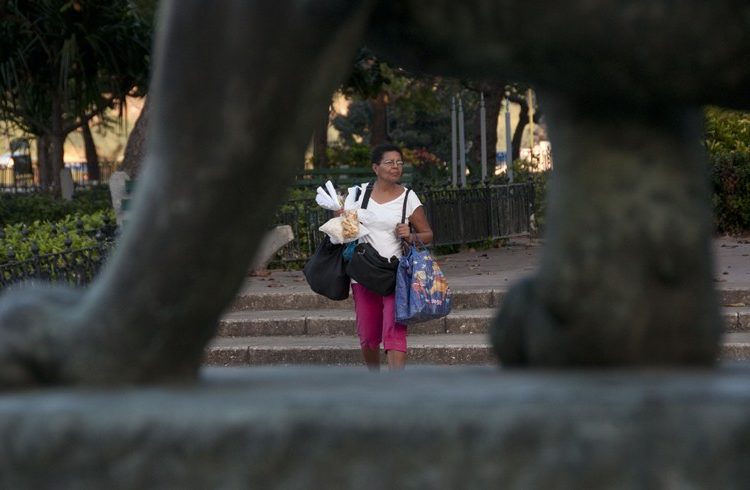60% of Americans polled by the Pew Research Center believe that the recent initiatives of their president to Cuba will not cause any political change on the island located 90 miles from their shores. That view is shared by the Cuban government officials, aware that the administration of Barack Obama maintains the flags of promoting democracy and human rights, adding a policy of benefits and preference for new private actors emerged in the Cuban economy.
What they do not suspect in the White House is that their counterparts in Revolution Square in Havana applaud any policy that strengthens the non-state sector, which in 2014 taxed $ 86 million in direct taxes to the budget of the Cuban state.
The growth of private workers and cooperatives is a priority of the economic reform undertaken in the country since 2011.
The stated interest of the Obama administration to empower private entrepreneurs in Cuba coincides with the announcement by Havana of a campaign against tax evasion, so that each taxpayer to pay every penny he owes.
Cuban President Raul Castro announced in December 2014 that “various measures to strengthen fiscal control have been taken.”
This news has not reached the ears of those who draw the new policy with the government of the Caribbean nation. After leaving Havana, the Assistant Secretary of State, Roberta Jacobson told the Miami Herald that “we can connect the Cuban people with the world through telecommunications and support self-employment. Thus, we believe, we can promote change better than before. That is not a gift to the Cuban government. ”
Using economic reform against its creators is an interesting change of tactics on the part of a government that recognizes that “there have been some reforms in Cuba in recent years, but clearly we think more should be done.”
But the pace of economic update in Cuba is determined by the phrase: “slowly but surely” and is not streamlined even before the economic downturn of recent years.
The authorities in Havana completely control the non-state sector, granting and withdrawing licenses authorizing operations. They also give the approval or reject the creation of cooperatives.
In the United States , the events are perceived in a different tone. Barack Obama will send to Havana his Secretary of Commerce, Penny Pritzker, sometime in 2015. His objective is to promote an episode of “commercial diplomacy” in the new relationship with the island, discreetly opening the doors of the world’s largest economy to a neighbor still blocked, loudly demanding the right to buy US products and to receive foreign investment from across the Straits of Florida.










